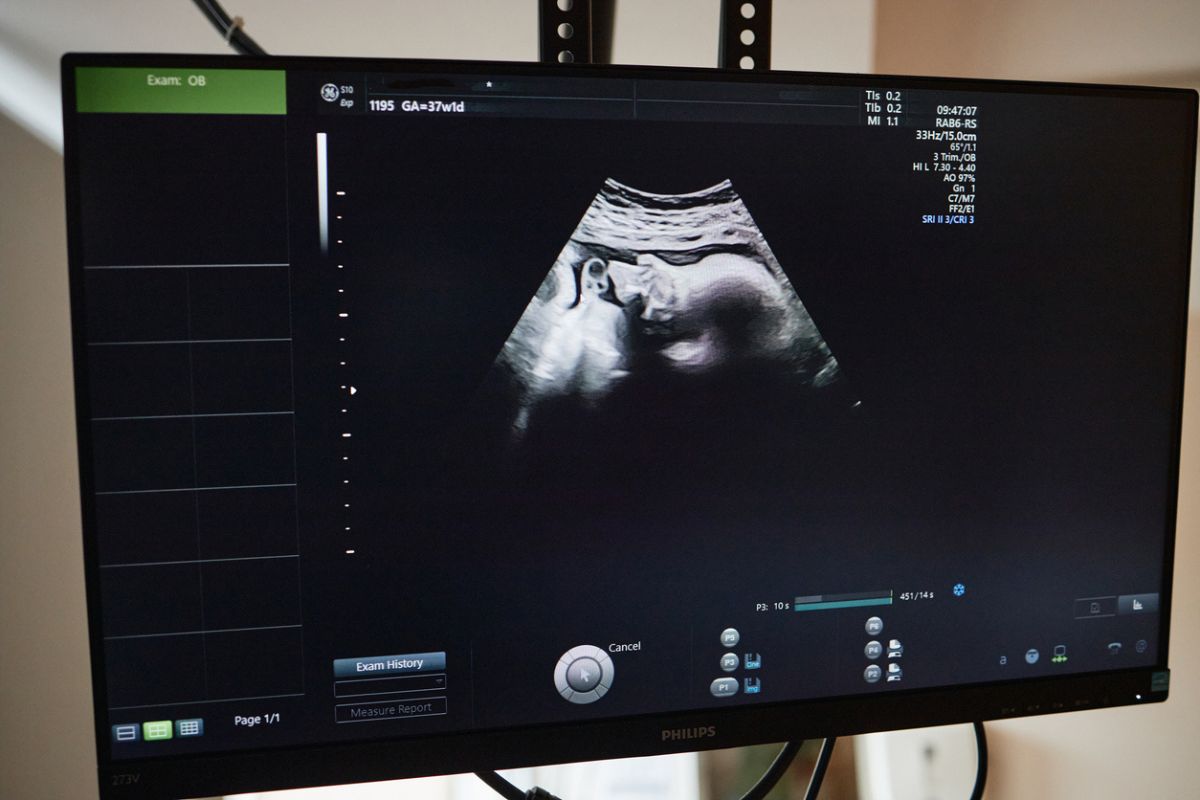At a time when federal funding for education programs sits on a knife’s edge, a new nationwide study suggests that early access to preschool education might help curb violent behavior in young adulthood – especially for Black men.
The research, appearing in Health Affairs Scholar, found that Black men enrolled in Head Start between the ages of 3 and 5 were much less likely to carry a handgun or engage in serious fights later in life compared to their peers in other childcare settings. The findings offer yet another endorsement on the 60-year-old program’s potential to outperform its original mandate. For the highest-risk kids, it serves as a quiet yet effective violence-prevention program.
“This is a striking finding, considering that Black males bear a vastly disproportionate burden of interpersonal gun violence in the United States,” Schleimer wrote in a blog for the Rockefeller Institute of Government think tank. “The findings also suggest that Head Start reduces racial disparities in gun violence.”
A Public Health Crisis, Rooted in Early Childhood
Despite falling overall crime rates – violent crime tumbled 49% between 1993 and 2022 – violence in lower-income neighborhoods persists. In 2022 alone, homicide took the lives of nearly 25,000 Americans. Firearms played a role in nearly 80% of those murders. While millions more suffered nonfatal violence.
The established research has shown (repeatedly) that the seeds of risk often take root in early childhood. Despite that, most state and federal government programs focus on adolescence or adulthood.
Head Start, however, offers comprehensive early childhood education, health, and family support services to low-income children and families.
“Prior research suggests that Head Start has a range of benefits, from increasing prosocial behaviors, educational attainment, and employment to reducing externalizing problems, substance use, and crime,” the authors wrote. “ The lack of research on large-scale early childhood education programs such as Head Start and violence or firearm-related outcomes is a notable and increasingly recognized gap, considering the distinct costs and potential etiologies of these outcomes.
Methodology
The University of Washington researchers leveraged data from the National Longitudinal Survey of Youth 1997, which followed nearly 9,000 Americans born between 1980 and 1984. For this study, they focused on a subset of nearly 4,300 individuals whose parents had a high school education or less, which acted as a proxy for early childhood poverty and Head Start eligibility.
The team grouped the participants by the type of care they received between ages 3 and 5: Head Start, other forms of childcare, or parental care only. Next, they tracked three outcomes:
- Self-reported handgun carrying (up to age 31).
- Serious fighting (up to age 24).
- Criminal assault charges (up to age 41).
A Clear Pattern
When researchers compared Head Start participants to those who received other childcare (excluding those cared for solely by parents), they found that Black males who attended Head Start were:
- 23% less likely to carry a handgun by age 31, and
- 21% less likely to be involved in serious fights by age 24.
The researchers didn’t notice similar results among other demographic groups. And, in some cases, the data pointed in the opposite direction.
For example, White women who’d taken part in Head Start as kids appeared to be more likely to report serious fighting than their peers in other childcare. But the study’s authors contend that this could be due to unmeasured factors, such as family instability or unreported trauma, that prompted parents to enroll them in Head Start in the first place.
The takeaway, they argue, is that (for certain groups) it could help level a playing field that’s already sharply titled against them.
Not All Childcare Is Created Equal
One of the study’s key contributions to the existing literature is its focus on comparison groups. Head Start’s impact only appeared to make a notable difference when the researchers compared the outcomes to other non-parental care. And not when they compared the results to children raised (exclusively) at home. The researchers suggest that some parents seem to be able to offer care environments just as warm and developmentally rich as Head Start.
But for low-income families that don’t have access to those resources, Head Start can make a measurable difference. In addition to early learning, Head Start connects families with other critical resources, such as healthcare, nutrition support, and parental education.
Policy Implications
The authors conclude that what they’ve uncovered highlights the value of investing in early childhood programs, particularly for historically marginalized groups. While education policy normally focuses on test scores, this study suggests the benefits might reach further than that – into communities.
With Black males disproportionately suffering from U.S. firearm violence, the researchers contend that expanding access to high-quality early education isn’t just good policy. It’s a moral imperative.
“Early-life investments in the social, economic, and human capital of structurally disadvantaged children and families may be effective and anti-racist tools to prevent violence and firearm-related harms,” the authors concluded.
Further Reading
Beyond Juneteenth: The Mental Health Crises Facing Black Youth
Gun Violence Survivors Focus Group Reveals Immeasurable Trauma and Deep Psychological Scars



